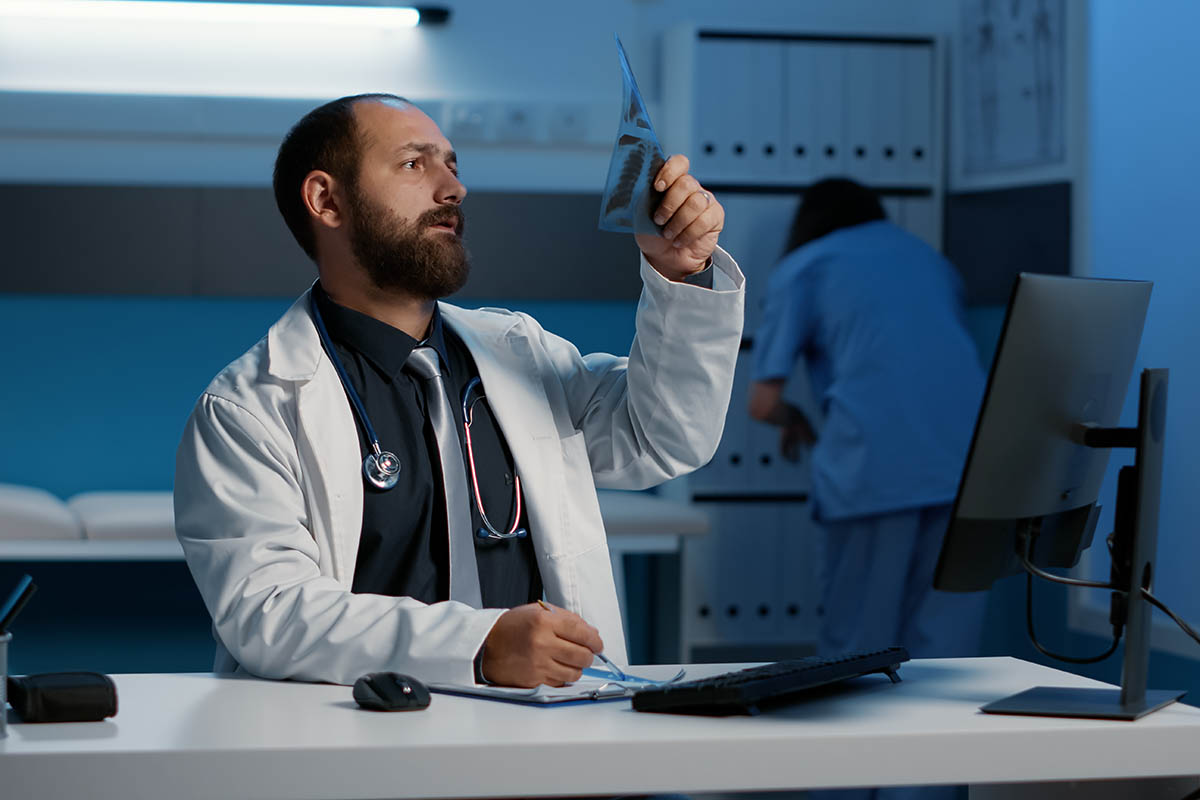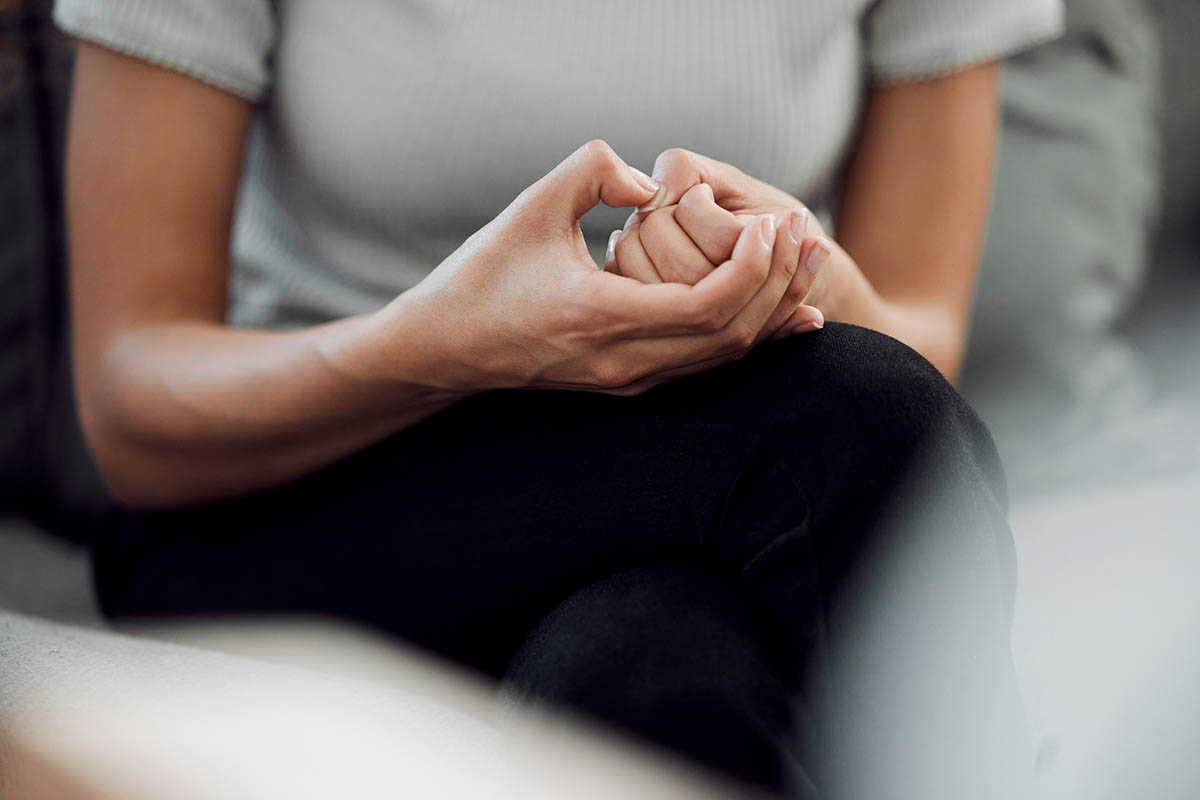Mental Recovery After a Car Accident and Mental Health Self-Care
Key Points
- Seek Immediate Medical Attention. Even if injuries seem minor, getting checked for hidden damage is essential, ensuring early detection and proper recovery.
- Focus on Physical and Mental Rehabilitation. Prioritize both physical therapy and mental health recovery, as emotional trauma can be as significant as physical injuries.
- Build a Support Network. Having a strong emotional and physical support system is crucial to easing the recovery process after an accident.
A car accident can be a life-altering event, affecting both your physical and mental well-being.
Whether it’s a minor fender-bender or a serious collision, the aftermath often brings pain, stress, and uncertainty.
Taking care of yourself post-accident is essential for recovery. Below are steps to help you manage both the physical and emotional toll.
Dealing with the aftermath of a car accident can be overwhelming, and navigating the legal aspects only adds to the stress.
One effective way to reduce this burden is by contacting an experienced attorney.
A skilled car accident lawyer can take on the complexities of your case, allowing you to focus on your physical and emotional recovery.
By relieving yourself of the legal worries, you create more space to focus on physical and mental healing.
Seek Immediate Medical Attention
Your first priority after a car accident should be addressing any injuries, no matter how minor they may seem.
Adrenaline can mask symptoms, and some injuries, like whiplash or internal trauma, may not appear immediately.
It’s important to visit a healthcare provider for a full evaluation to catch any hidden damage and prevent complications later on.
Following your doctor’s treatment plan, attending follow-up appointments, and taking prescribed medications are key to ensuring proper physical recovery.
Focus on Physical Rehabilitation
Healing after a car accident demands a focused and systematic approach to physical rehabilitation.
This process is essential for regaining mobility, reducing pain, and preventing future complications.
Here’s how you can effectively engage in physical rehabilitation and what techniques can support your recovery:
- Range-of-motion exercises help restore joint movement and flexibility, which may be compromised after an accident. Movement like shoulder circles or leg lifts can prevent stiffness and improve joint function.
- Strengthening Exercises: Targeted exercises such as resistance training help rebuild muscle strength that may have been lost due to injury or inactivity. Strengthening key muscle groups supports injured areas and helps protect against future injuries.
- Balance and Coordination Training: Accident-related injuries can affect your balance and coordination. Therapists may use exercises like balance boards or stability balls to improve your ability to maintain equilibrium and prevent falls.
Prioritize Mental Health Recovery
The psychological impact of a car accident can be profound and long-lasting, often being as debilitating as physical injuries.
Emotional trauma resulting from an accident can manifest as anxiety, depression, or post-traumatic stress disorder (PTSD).
Addressing mental health with the same seriousness as physical health is crucial for a comprehensive recovery. Here’s how you can prioritize and support your mental health in the aftermath of an accident:
- Seek Professional Therapy or Counseling: Engaging with a mental health professional is a fundamental step in addressing the emotional aftermath of a car accident. Consider therapy treatments such as, Cognitive Behaviorial Therapy (CBT), Trauma-focused therapy, and supportive counseling.
- Practice Mindfullness and Meditation: These practices encourage staying present and cultivating a non-judgmental awareness of your thoughts and feelings.
- Journaling and Reflective Writing: Journaling offers a means to express and explore your thoughts and emotions related to the accident.
- Build a Support Network: Connecting with others who have experienced similar situations can reduce feelings of isolation and provide emotional support.
- Adopt Self-Care Practices: Self-care practices can help reduce stress, improve mood, and enhance overall resilience.
- Monitor Your Emotional Health: Regularly assess your emotional state and seek help if you notice persistent symptoms of anxiety, depression, or PTSD.
Get Plenty of Rest
Rest is a crucial component of the healing process. Both the physical and emotional toll from a car accident can interfere with sleep patterns, making recovery more difficult.
Establishing a regular sleep routine and creating a calm, comfortable sleep environment can improve rest quality.
If pain or discomfort disrupts sleep, it’s important to consult with your doctor for advice on managing symptoms.
Nourish Your Body with Healthy Food
Proper nutrition is essential for recovery after an accident.
Your body needs nutrients to repair damaged tissues and maintain your immune system.
Incorporating a balanced diet rich in fruits, vegetables, lean proteins, and whole grains supports healing.
In addition, anti-inflammatory foods like leafy greens and healthy fats can help reduce pain and swelling.
Staying hydrated and avoiding processed foods also contributes to a faster recovery.
Practice Gentle Movement
While rest is important, it’s equally vital to avoid prolonged immobility, which can lead to stiffness and a slower recovery.
Gentle movement helps stimulate blood flow, reduce stiffness, and improve mental clarity.
Low-impact activities such as walking, yoga, or stretching are excellent ways to gradually increase mobility without risking further injury.
Starting with small movements and listening to your body can help you find a balance between rest and activity.
Set Realistic Goals for Recovery
Recovering from a car accident can be a slow process, and it’s important to be patient with yourself.
Setting small, achievable goals allows you to track your progress and celebrate milestones along the way.
It’s helpful to understand that recovery may not be linear, and there will be both good and challenging days.
Communicating with your healthcare provider about your recovery can ensure that your treatment plan stays on track and adapts as needed.
Ask for Help When Needed
Don’t hesitate to seek help from friends or family members during your recovery.
Whether it’s driving you to appointments or assisting with daily tasks, having a support system can relieve stress and allow you to focus on healing.
Consider consulting a lawyer for guidance if the accident has resulted in legal or financial issues.
Surrounding yourself with a strong support network can help alleviate both the physical and emotional burdens of recovery.
Recover From Your Car Accident Injury With Confidence
Recovering from a car accident requires both physical and emotional care.
By focusing on self-care, including physical rehabilitation, mental health recovery, and proper rest, you can take active steps toward healing.
Remember that recovery is a journey, and with patience, support, and consistent effort, you can work toward restoring both your physical and emotional well-being.






















